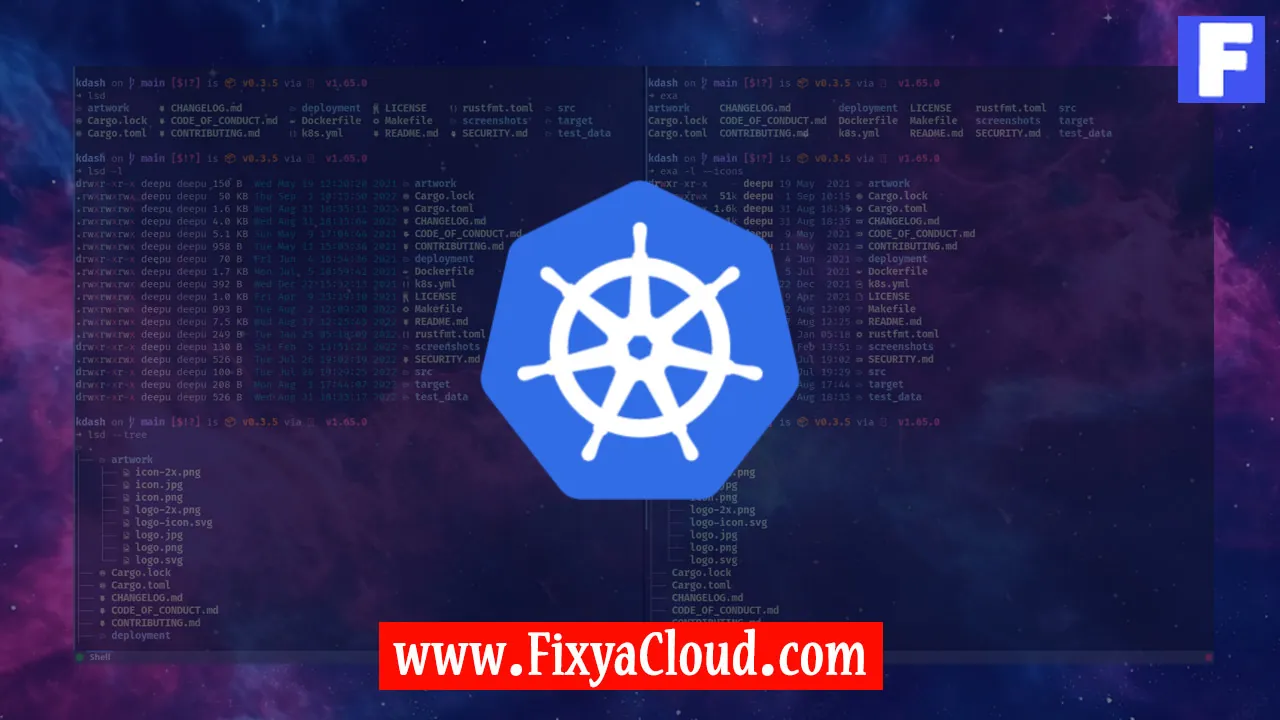Mastering Kubectl: Unveiling Events and Sorting By Time

Kubectl, the command-line tool for interacting with Kubernetes clusters, is a powerhouse for managing and troubleshooting your containerized applications. One essential aspect of Kubernetes administration is monitoring events to gain insights into the system's behavior. In this guide, we'll delve into the 'kubectl get events' command and learn how to efficiently sort these events by time, aiding in the identification and resolution of issues within your cluster.
Understanding Kubernetes Events:
Before diving into sorting, let's grasp the basics of Kubernetes events. Events provide crucial information about activities occurring within the cluster, such as pod creations, deletions, and various system-level changes. They serve as a valuable resource for administrators seeking to understand the historical context of their cluster's operations.
The Power of 'kubectl get events':
The 'kubectl get events' command is your gateway to the treasure trove of information stored as events in your Kubernetes cluster. However, the raw output might be overwhelming, especially in larger environments. That's where sorting comes to the rescue.
Sorting Events By Time:
To make sense of the event data, let's learn how to sort events chronologically, making it easier to pinpoint issues or changes in the order they occurred.
Command Syntax:
kubectl get events --sort-by='.metadata.creationTimestamp'
Breaking Down the Command:
kubectl get events: Initiates the event retrieval.--sort-by='.metadata.creationTimestamp': Sorts events based on their creation timestamp, providing a chronological view.
Step-by-Step Instructions:
Open your terminal and ensure you have 'kubectl' installed and configured to communicate with your Kubernetes cluster.
Execute the 'kubectl get events' command to retrieve a list of events.
To sort the events by time, use the '--sort-by' flag followed by the timestamp field. In this case, we're using '.metadata.creationTimestamp'.
Observe the output, and you'll notice the events are now arranged in chronological order, with the earliest events appearing first.
More Examples:
Filtering Events by Namespace:
kubectl get events -n <namespace> --sort-by='.metadata.creationTimestamp'
Displaying Additional Information:
kubectl get events --sort-by='.metadata.creationTimestamp' -o wide
Mastering the 'kubectl get events' command and sorting events by time equips you with a powerful tool for efficiently troubleshooting issues within your Kubernetes cluster. The chronological order of events provides valuable insights into the sequence of activities, enabling administrators to identify and address issues with precision.
Related Searches and Questions asked:
That's it for this topic, Hope this article is useful. Thanks for Visiting us.
